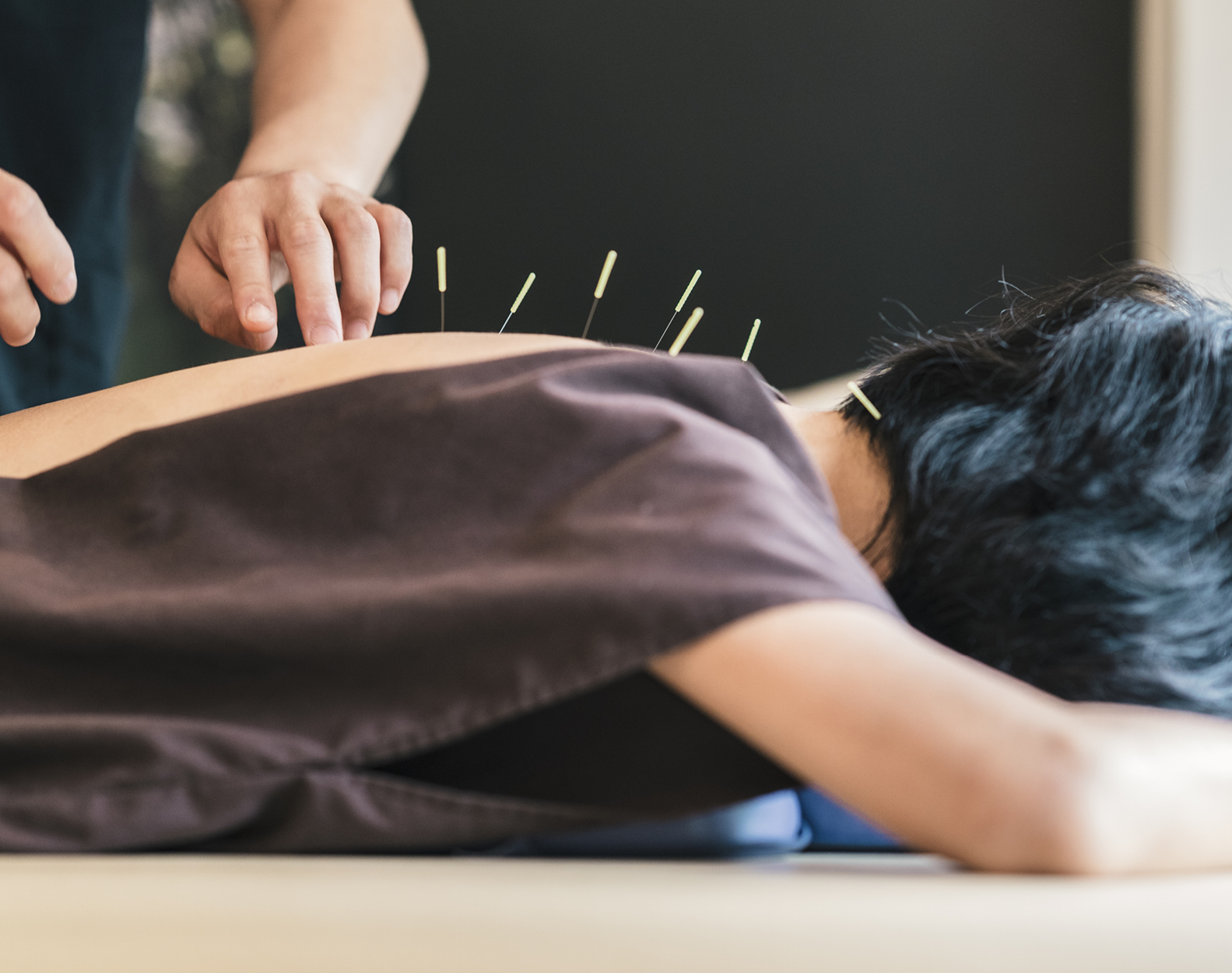
Utilizing specialised methods and an all-encompassing approach, acupuncturists evaluate and diagnose patients. They take into account a patient’s vitality as well as their overall physical, mental, and emotional health. Through the patient’s primary care physician, they may also schedule testing (such blood work or x-rays).
Acupuncturists choose which body points to stimulate, how, and for how long after diagnosing the issue. A few hair-thin needles may be inserted at specific bodily locations as part of the treatment. They might also employ more conventional forms of therapy (such as moxibustion, cupping, and tuina massage). Acupuncturists may also advise taking herbal supplements, being active, or making dietary adjustments
Average Hourly
$28.00
Range Hourly
$25.00 – $46.15
Average Yearly
$54,600
Range Yearly
$48,750 – $90,000
Practitioners of Natural Healing (3232); Other Professional Occupations In Health Diagnosing And Treating (3125)
Acupressure therapist; Acupuncturist; Aromatherapist; Auriculotherapist; Ayurvedic practitioner; Certified iridologist; Certified reflexologist; Certified rolfer; Certified rolfing movement teacher; Chartered herbalist; Chinese medicine doctor (CMD); Chinese medicine practitioner; Clinical hypnotherapist; Doctor of acupuncture; Doctor of Chinese medicine; Doctor of homeopathic therapeutics; Doctor of homeopathy; Doctor of Oriental medicine; Herb practitioner; Herbal practitioner; Herbal specialist; Herbalist; Herbologist; Herbology practitioner; Herborist; Holistic practitioner; Homeopath; Homeopathic physician; Homeopathic practitioner; Homeopathist; Hypnotherapist; Iridologist; Medical Qi gong practitioner; Naturopathic practitioner; Oriental medical practitioner; Osteopathic manual practitioner; Osteopathic manual therapist; Reflexologist; Registered acupuncture practitioner; Remedial herbalist; Remedial herbologist; Rolfer; Rolfing movement teacher; Shaman; Shiatsu therapist; Traditional Chinese medicine practitioner
Generally, to register as an acupuncturist (see Certification Requirements below) a person must successfully complete an approved program of studies (or equivalent) and have at least 500 hours of practice within the previous 2 years.
Medium The employment outlook is good to fair in most provinces. More information is available here
Acupuncturists typically practise alone or in partnerships with other healthcare professionals like family doctors or chiropractors in private clinics. Some acupuncturists have contracts with their clients. Several are workers. Building a bigger, more successful practise is typically the path to advancement.
One to two years of relevant experience.
Doctor of Acupuncture program (3 years diploma) in Alberta College of Acupuncture & Traditional Chinese Medicine
Acupuncture Diploma at McEwan University
Diploma in Traditional Chinese Medicine - Acupuncture at the Kwantlen Polytechnic University, British Columbia
Acupuncturists must be comfortable with people, excelling at both verbal and written communication. Most importantly, they must have a genuine desire to meet and exceed the needs of their clients.
Acupuncturists may spend a lot of time standing while working in offices and treatment centres. They might work certain evenings or weekends for the convenience of their clientele.
Weights up to 10 kg are frequently handled by acupuncturists. Patients might need to be lifted or moved by them (for example, from wheelchair to treatment table). They are required to adhere to rigorous handling, disposal, and needle hygiene standards. It is conceivable that you will encounter biohazards (such blood).
The majority of acupuncturists establish private offices or work in clinics alongside other medical professionals. Others work in marketing, government, education, research and development, or consulting.
Registration as an Acupuncturist requires: (1) successful completion of an approved program of studies or equivalent qualifications, (2) successful completion of an approved examination, and (3) at least 500 hours of practice within the two years prior to application, or equivalent qualifications. For official, detailed information about registration requirements, visit the provincial regulatory body’s website, such as College of Acupuncturists of Alberta for Acupuncturists in Alberta.